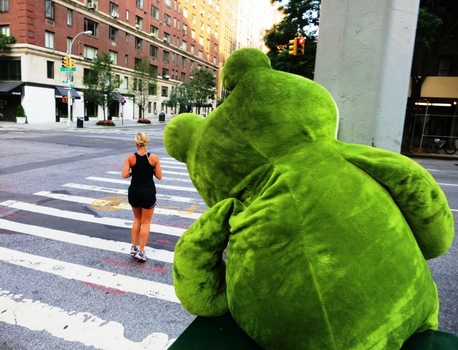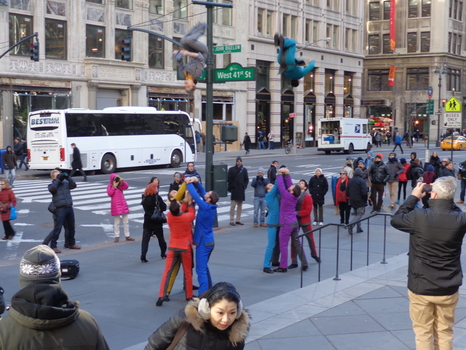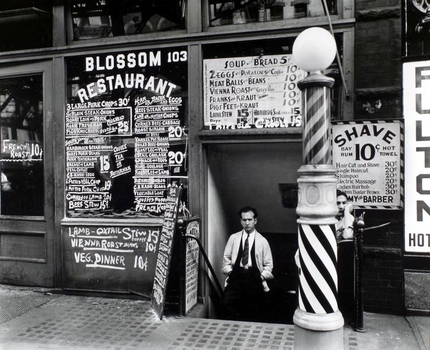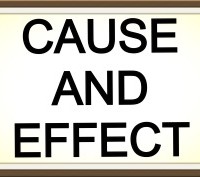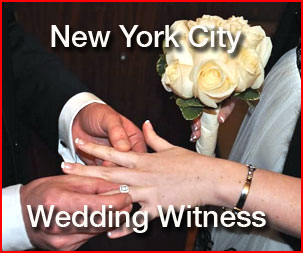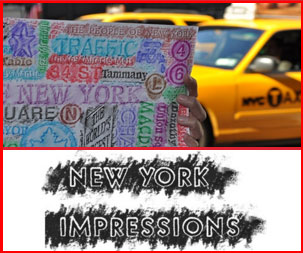Karma is the universal spiritual law of moral causation, a belief system preceding back to India and eastern-philosophy. Many spiritual societies have formulated karma into their teachings, and adapting to ideas such as; the belief of all experiences is a result of our influence, whether intentionally or unintentionally. Cause and effect and other sorts of vague metaphorical mumbo-jumbo. The philosophical implications of karma seems to be surrounded by a lot of hazy unjustifiable elements. The idea of subtlety predicating universal events in the bigger spectrum of things is a principle for causation, the relationship between cause and effect, not karma.
These ideas are true in the linear sense but not in the non-linear way in which they’re attributing them to karma; cause and effect is the relationship between two events, one being contingent on the other. Karma tends to bridge these events with non-linear unclear spiritual perspectives. There’s an explicit cause and effect relationship with karma, but the implicit spiritual undertone that foreshadows it is a contention worth challenging. Spiritual fiction infused in causality.
In “The Matrix Reloaded” The dialogue between Neo and The Architect was quite intriguing; here’s a snippet of the latter part of the discourse.
The Architect – “Hope, it is the quintessential of human delusion, simultaneously the source of your greatest strength, and your greatest weakness.”
Neo – “If I were you, I would hope we don’t meet again.”
The Architect – “We won’t.”
Beyond the philosophical undertone of “Hope” being the quintessential of human attributes and simultaneously an emotional paradox, the dialogue also exploits linguistic idiosyncrasies. Like the pervasiveness of ambiguity in semantics eliciting multiple interpretations. Primarily “Hope,” a homonym; words that have the same spelling and pronunciations, with polysemic meanings. The Architect used “Hope” to highlight human desires and personal attainments, and although these aspirations in itself is not a delusion, the arbitrary-compartmentalizing of “Hope” can induce anecdotal connotations. The inferential reliance on “Hope” will bring fruition.
That’s the simultaneous contrast; the former is the weakness and the latter is the strength. Whether “Hope” is a verb or noun is contingent on its syntax, but Neo used the word “Hope” sarcastically to insinuate a potentially exacerbating second-encounter. Neo’s sentence is syntactically ambiguous, literal and non-literal contrasting meanings; (Literal Meaning) “hope to never meet again, indefinitely,” and the (Non-literal Meaning) “eager to have a second-encounter.”
All these metaphysical ideas have a latent sprinkle of “Hope” engrained behind their reasoning, and a perpetual dogma bounded by the parameters of human desires. The pacifying notion of an external divine intervention sprinkling its clues and riddles gives us a sense of purpose. A comforting delusion of grandeur in the celestial scheme of things..
Karma is a vaguely inexplicable metaphor, because it encompasses a variety of attributes; fate, cause and effect, destiny and the “what goes around comes around” idiom. “Karma” is the spiritual law of reciprocity being contingent on goodwill, a laudable gesture indeed, but an empirical notion grounded in the subjectivity of human perspectives. There’s no interlinking correlation between goodwill and reciprocity in the objective sense, although the contemporary school of metaphysics would contend such a notion.
The discernible correlation they use to interlink the spiritual undertone in karma is abstruse and conducive to pseudo-science, metaphors and analogies, like “cause and effect.” Conversely enough, We’ve all had salient moments in life that appeared to accommodate these ideas, and its lack of scientific testability only facilitate its resonance. The enigma of life and everyday experiences sometimes distort our rational view of reality, and whether there’s an unscientific law that governs these phenomenon or not is still a paramount issue we must ruminate with discourse.
 Atelston Fitzgerald Holder 1st, Writer, Journalist & Lecturer Please Visit Official Website www.mrpregnant.com Appeared on over 20 different Cable & TV Networks.
Atelston Fitzgerald Holder 1st, Writer, Journalist & Lecturer Please Visit Official Website www.mrpregnant.com Appeared on over 20 different Cable & TV Networks.
Connect with him on Facebook mrpregnant Twitter mrpregnant and Linkedin mrpregnant


